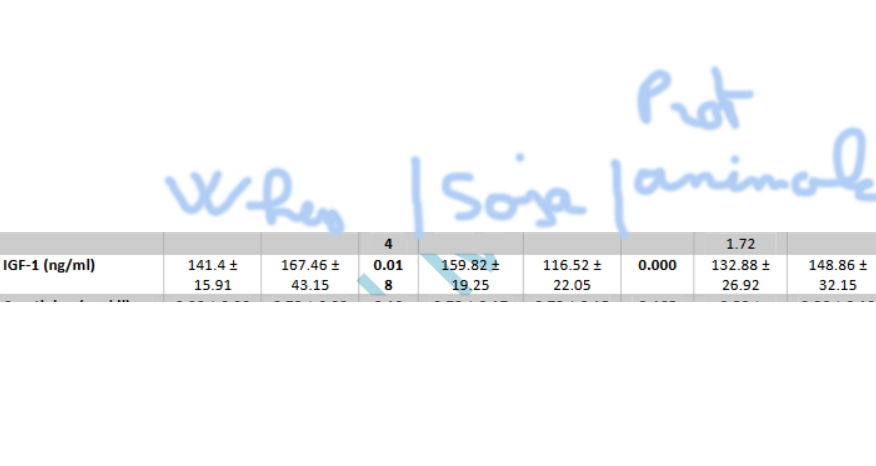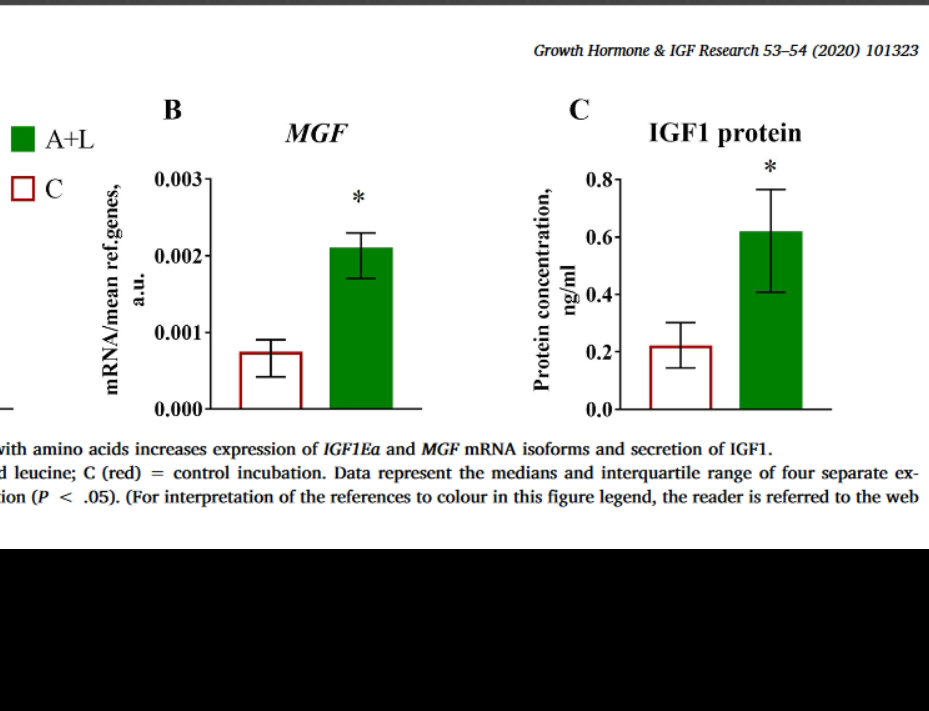Very-Low-Calorie Ketogenic Diets With Whey, Vegetable, or Animal Protein in Patients With Obesity: A Randomized Pilot Study
Sabrina Basciani, The Journal of Clinical Endocrinology & Metabolism, Volume 105, Issue 9, September 2020,
Context
We compared the efficacy, safety, and effect of 45-day isocaloric very-low-calorie ketogenic diets (VLCKDs) incorporating whey, vegetable, or animal protein on the microbiota in patients with obesity and insulin resistance to test the hypothesis that protein source may modulate the response to VLCKD interventions.
Subjects and Methods
Forty-eight patients with obesity (19 males and 29 females, homeostatic model assessment (HOMA) index ≥ 2.5, aged 56.2 ± 6.1 years, body mass index [BMI] 35.9 ± 4.1 kg/m2) were randomly assigned to three 45-day isocaloric VLCKD regimens (≤800 kcal/day) containing whey, plant, or animal protein. Anthropometric indexes; blood and urine chemistry, including parameters of kidney, liver, glucose, and lipid metabolism; body composition; muscle strength; and taxonomic composition of the gut microbiome were assessed. Adverse events were also recorded.
Results
Body weight, BMI, blood pressure, waist circumference, HOMA index, insulin, and total and low-density lipoprotein cholesterol decreased in all patients. Patients who consumed whey protein had a more pronounced improvement in muscle strength. The markers of renal function worsened slightly in the animal protein group. A decrease in the relative abundance of Firmicutes and an increase in Bacteroidetes were observed after the consumption of VLCKDs. This pattern was less pronounced in patients consuming animal protein.
Conclusions
VLCKDs led to significant weight loss and a striking improvement in metabolic parameters over a 45-day period. VLCKDs based on whey or vegetable protein have a safer profile and result in a healthier microbiota composition than those containing animal proteins. VLCKDs incorporating whey protein are more effective in maintaining muscle performance.















